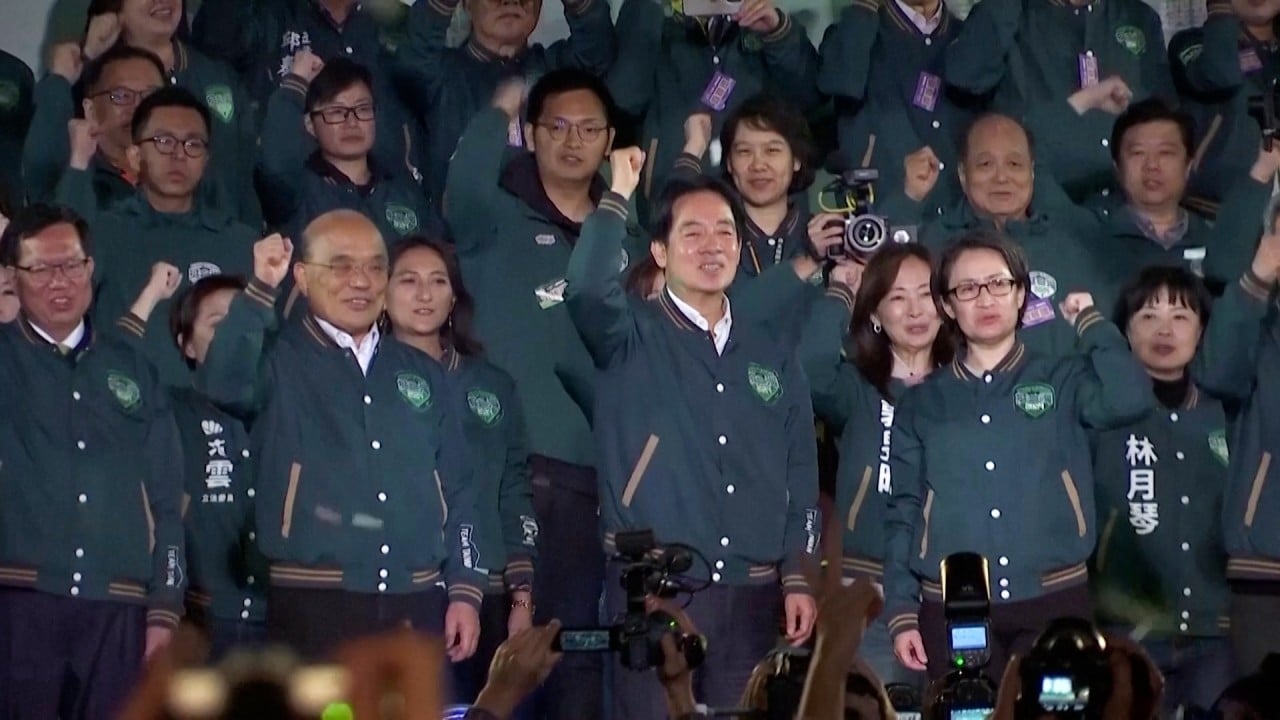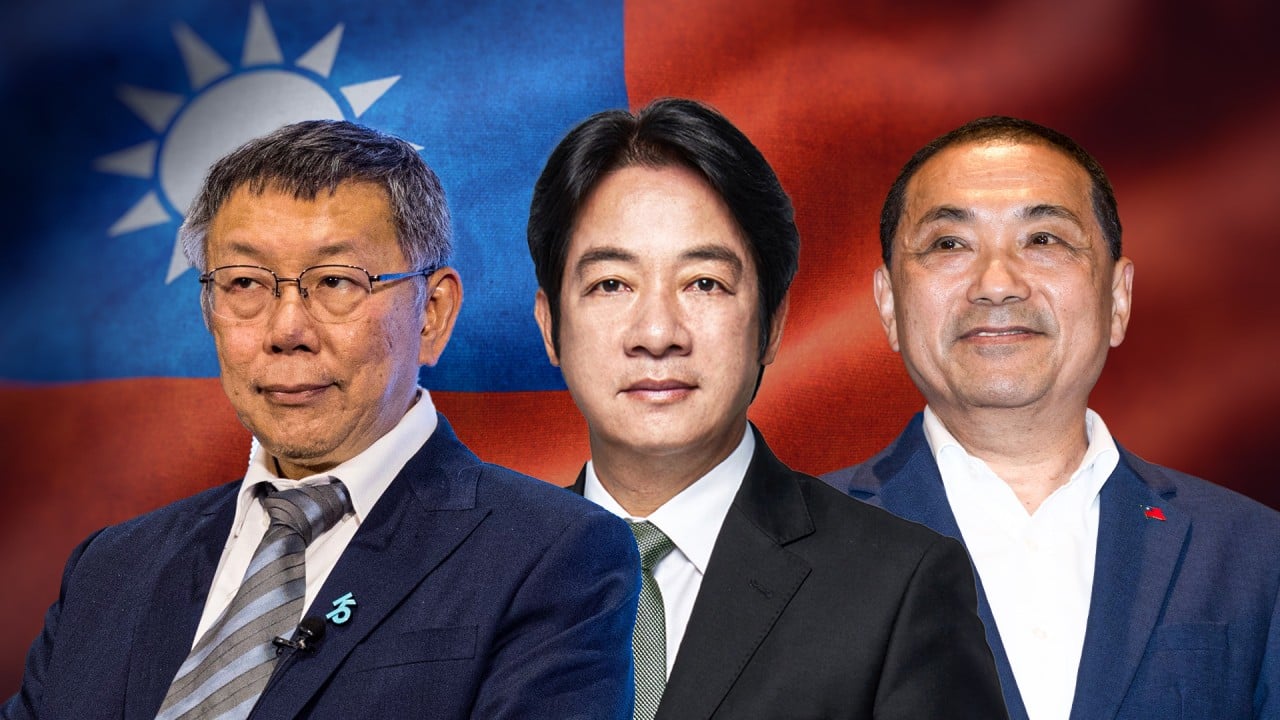In a meeting with the KMT’s newly elected legislators on Monday, party chairman Eric Chu Li-luan confirmed that legislator-elect Han Kuo-yu, a former Kaohsiung mayor and ex-presidential candidate, would be the party’s candidate for the legislative speaker role – also known as the legislative presidency – to be decided on February 1.
Legislator-elect Johnny Chiang, a former KMT chairman, would be nominated as Han’s deputy, Chu said, adding his party would officially approve the nominations of the two during the decision-making central standing committee meeting on Wednesday.
“The KMT must exhibit its unity in the February 1 election of speaker and deputy speaker,” Chu said, adding as the biggest party in the legislature, its legislators must exercise checks and balances on the new DPP administration.
He also thanked all party members, especially legislator-elect Fu Kun-chi, for their support for the KMT’s nominations.
Fu, a former magistrate of the eastern county of Hualien, had blasted the KMT for failing to follow democratic processes in the party’s internal selection process for its speaker and deputy speaker candidates.
Late last week, he said he would challenge Han, threatening the KMT’s chance in the race and party unity. But Fu agreed on Monday to withdraw his bid in what observers said helped avert a KMT divide and increase its chances in the race.
James Yifan Chen, a professor of diplomacy and international relations at Tamkang University in New Taipei, said that assuming it had the support of the two independents, the KMT was in the best position in the speaker’s race.
“With 54 seats, the KMT is just three short of the 57-seat threshold. Compared with the DPP’s 51 and TPP’s eight, the KMT appears to have a bigger chance to win,” Chen said.
Under the rules, if none of the hopefuls cross the threshold, the legislature will hold a second round, with the winner being the candidate with the most votes.
Although the TPP is considered the decisive factor in the race, it has riled both the KMT and DPP by insisting that its demands be met before the count, according to Chen.
Its proposals include having the new speaker amend the law to establish a system for oversight hearings, stronger conflict of interest rules, a promise to regularly make legislative expenditure public, and penalties for officials who make false statements at hearings.
Both the KMT and the DPP have promised to reform the legislature but stressed that some of the TPP’s proposals go beyond the body’s power.
“The KMT and the DPP might simply ignore the demand of the TPP and do without the TPP’s support. This means the KMT may be able to win in the second round with the most votes – 54,” Chen said.
But he also did not rule out the TPP siding with the DPP.
The TPP has said it will announce its decision on January 28, including whether it would put its own nominee up for speaker.
In the lead-up to the presidential election, the TPP and KMT were in talks to form a joint ticket but the efforts collapsed under the weight of argument over who should top the ticket.
Ker Chien-ming, the DPP’s legislative caucus head, said on Monday that if the TPP fielded a candidate, Han would reign over the legislature and “very possibly be controlled by China”.
Ker said his party would back incumbent speaker You Si-kun and his deputy Tsai Chi-chang for another term.
Han – who supports closer cross-strait ties and the one-China concept – was reportedly Beijing’s preferred candidate in the 2020 presidential poll, which saw the DPP’s Tsai Ing-wen win a second four-year term as president.
Beijing sees Taiwan as a part of China to be reunited by force if necessary. The United States, like most countries, does not recognise Taiwan as an independent state, but is opposed to any attempt to take the self-governed island by force and is committed to supplying it with weapons.
Li Da-jung, a professor of international relations and strategic studies at Tamkang University in New Taipei City, said Beijing would certainly welcome a KMT win following Lai’s victory.
“But what Beijing is more concerned about is whether the KMT can use its influence in the legislature to exercise checks and balances on Lai’s cross-strait and diplomatic policies that it finds unacceptable,” Li said.
Beijing has described Lai as an “obstinate splittist” who would bring the risk of war to Taiwan by pursuing an independence agenda for the island – a claim that Lai rejects.









